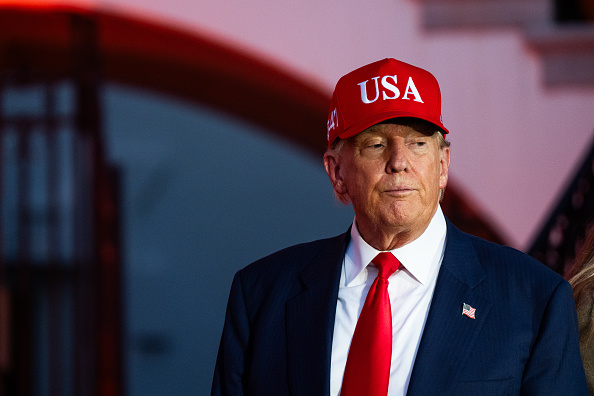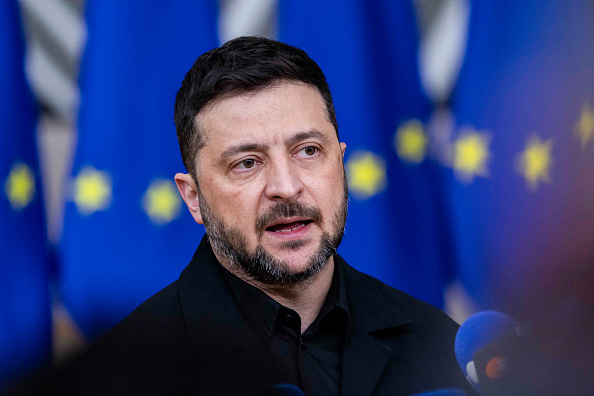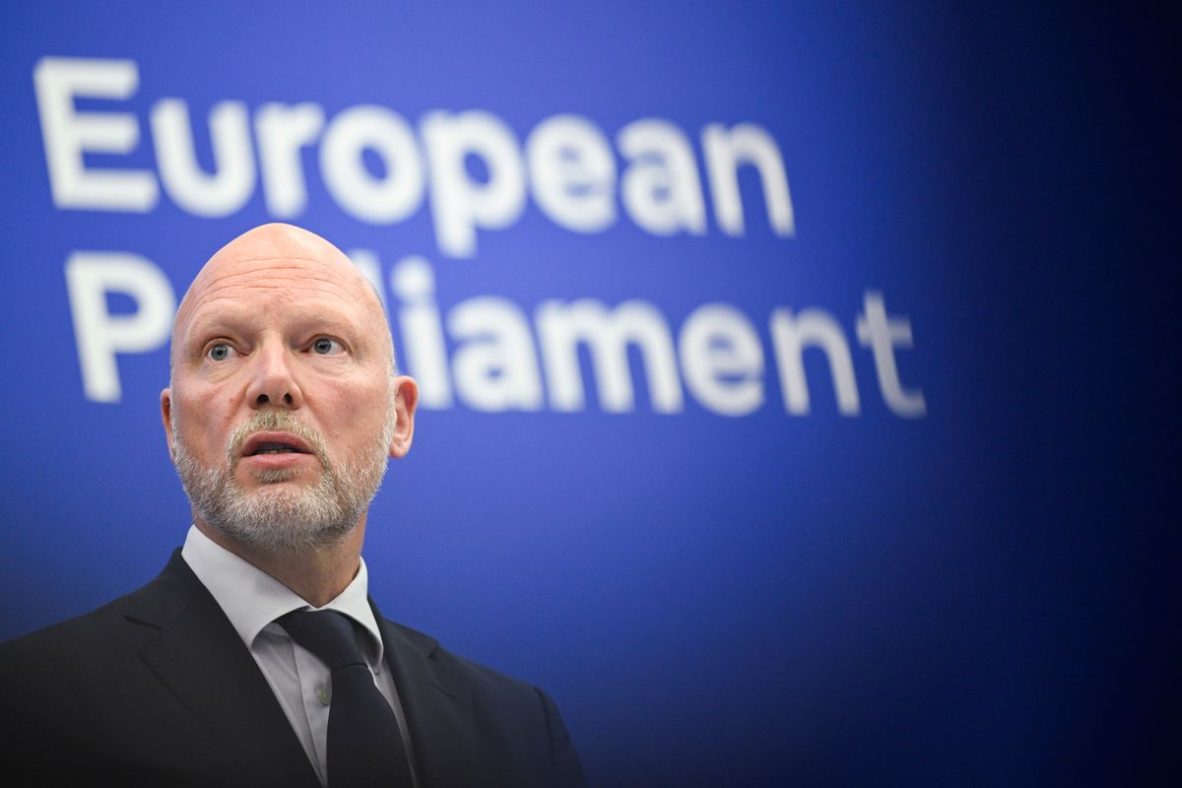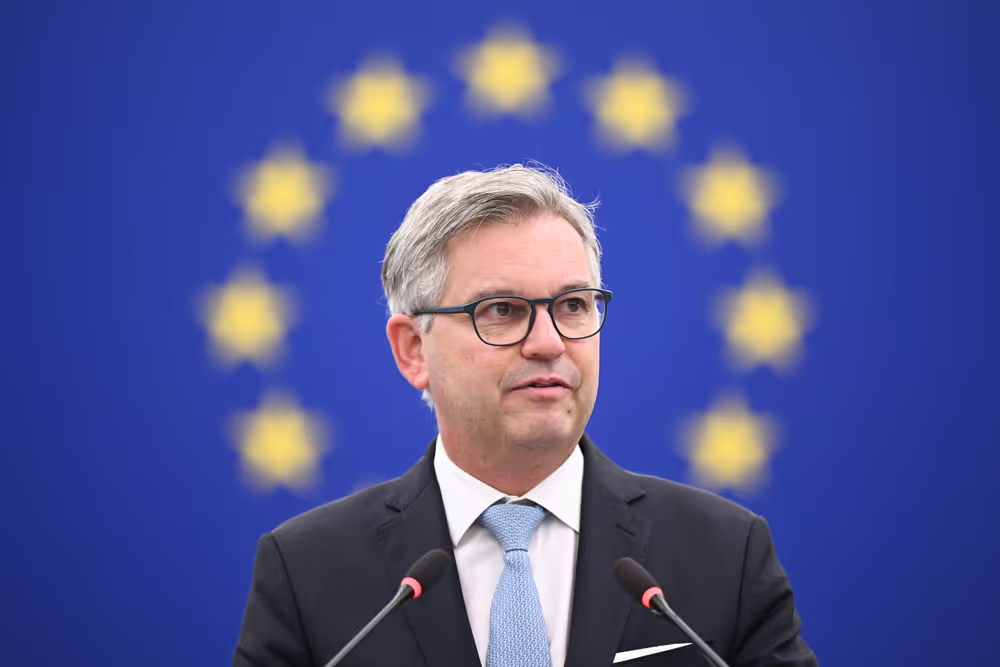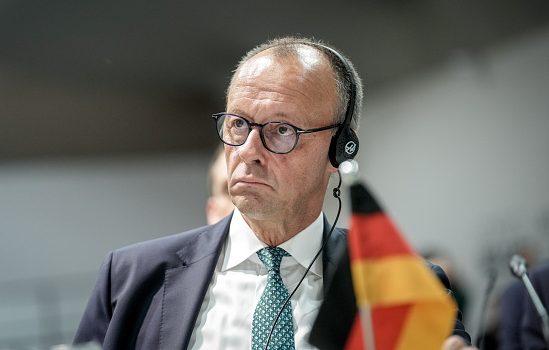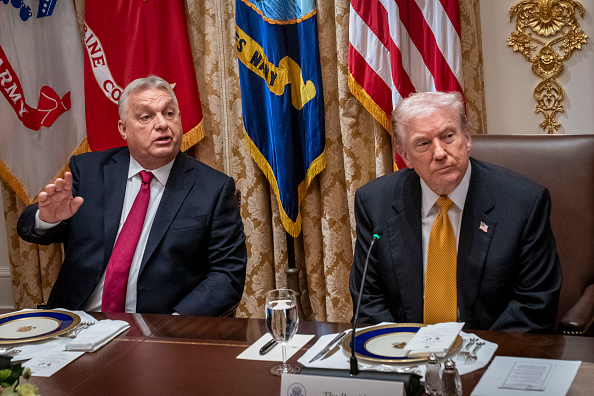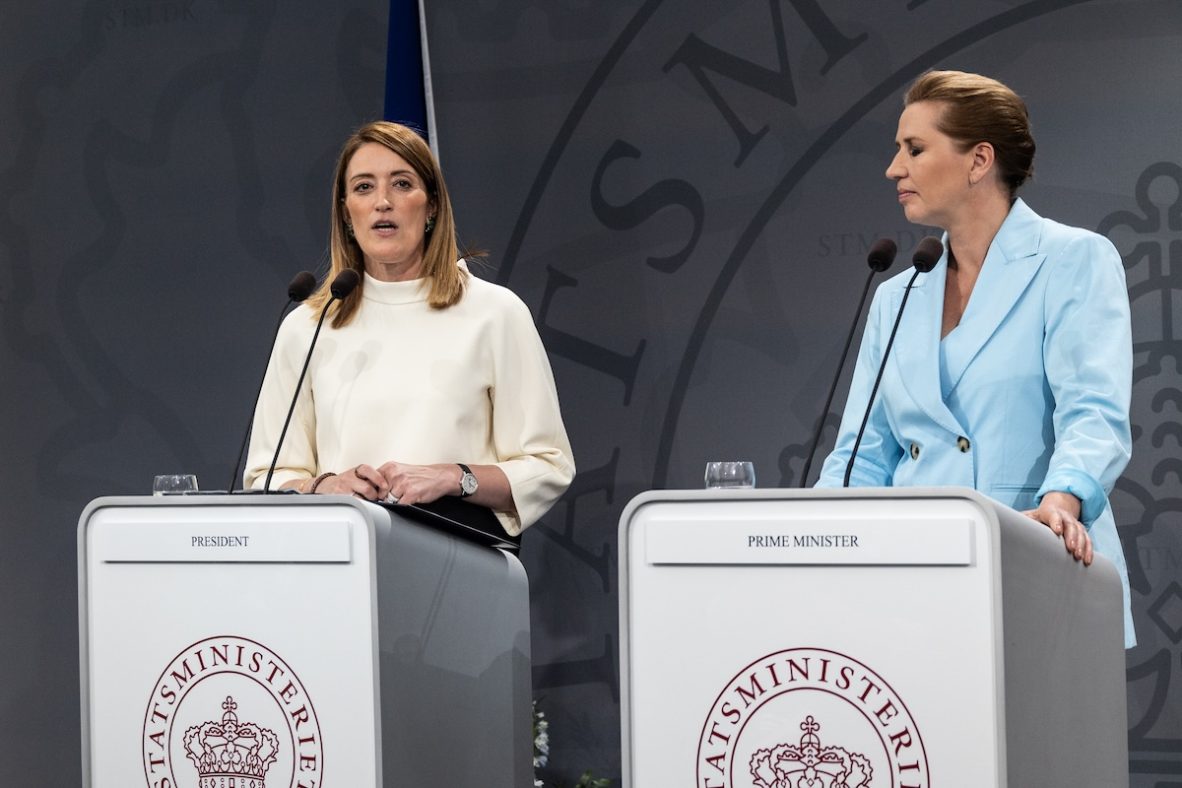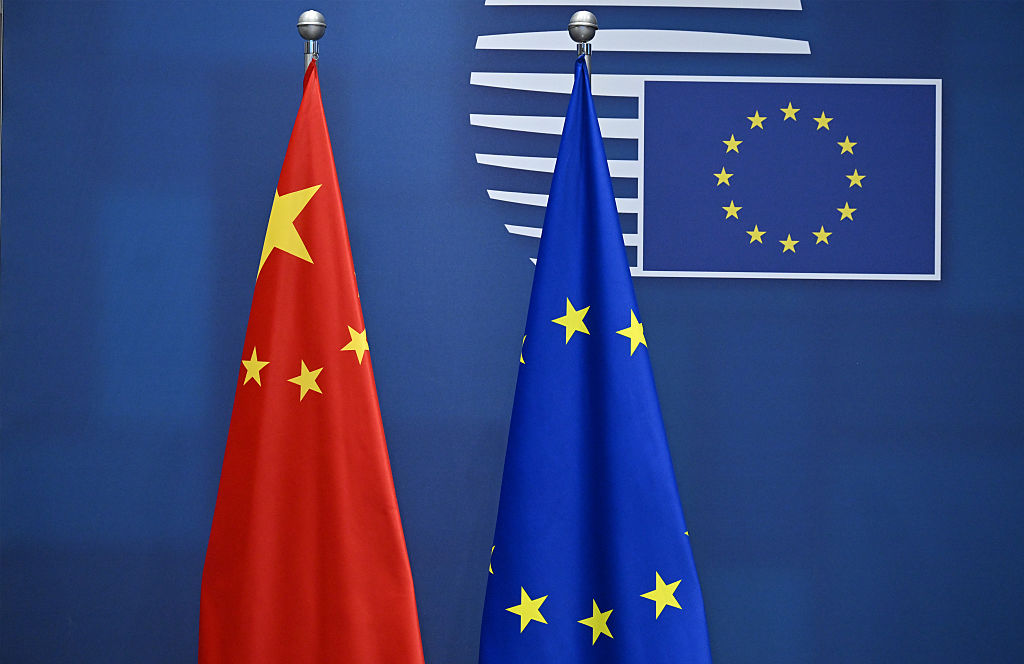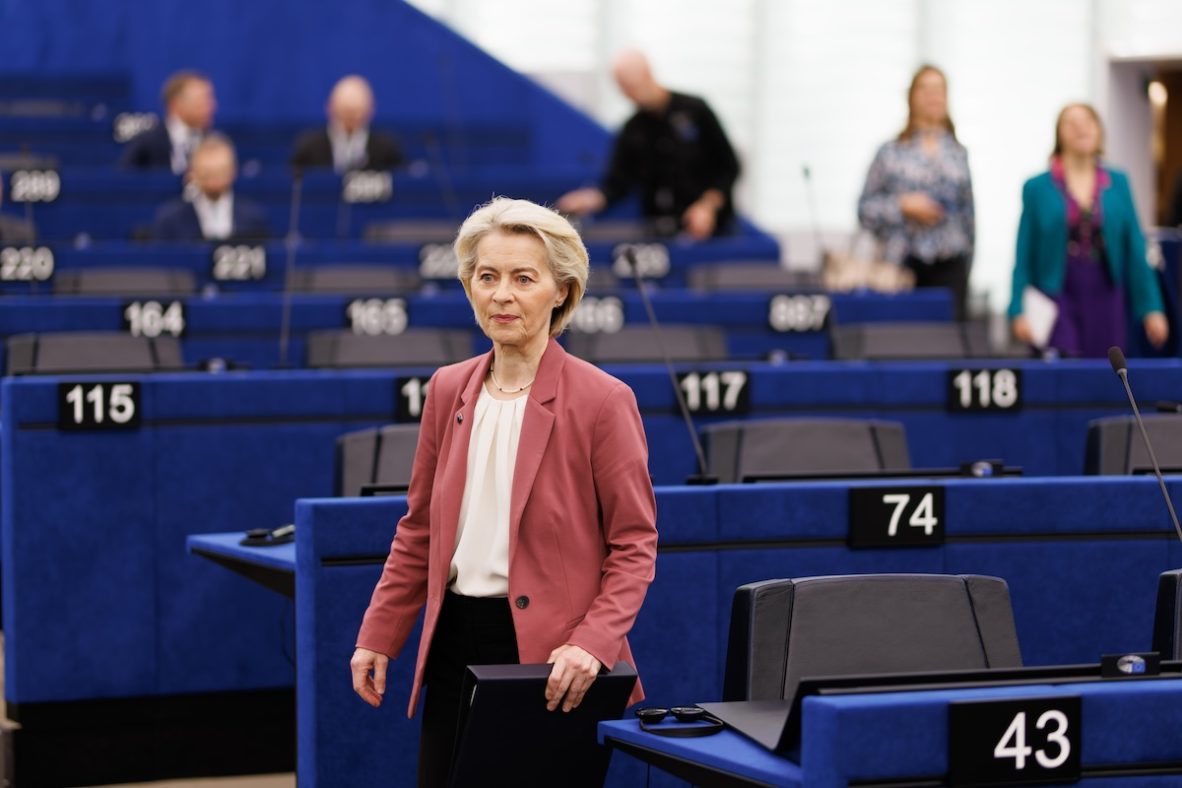Brussels liberals push for a softer EU returns plan
Dutch liberal Azmani’s report tries to square fast-track returns with fundamental rights, softening the Commission’s hard-edge approach
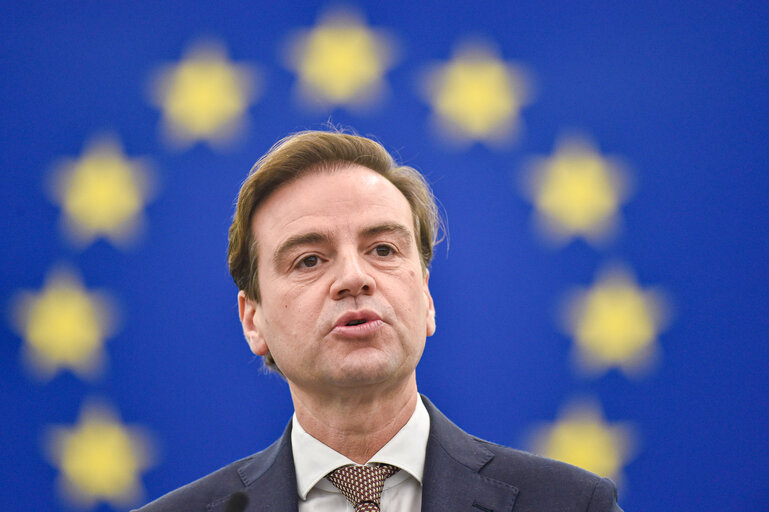
The Parliament’s civil liberties committee will on Tuesday debate a draft report on the EU’s Return Regulation – a central piece of the new Commission’s migration framework overhaul.
In March, the Commission proposed tightening the EU’s deportation machinery by creating a unified system and paving the way for “return hubs” – facilities in third countries intended to host migrants awaiting repatriation.
Parliament’s draft, submitted by Dutch MEP Malik Azmani (Renew), balances efficient processing of asylum applications with civil rights. It softens the Commission’s hardline stance while keeping its machinery intact, and exposing sharp contrasts with the Council.
Whereas the Commission’s original plan prioritised forced removal above the voluntary return of migrants, the report draft, seen by Euractiv, inverts this order and cuts the maximum detention time from 24 to 18 months. It also stipulates that detention of migrants must remain a measure of last resort, tightens safeguards for vulnerable persons, and bars minors and families from being placed in return hubs in third countries – a direct response to fears of offshoring EU migration procedures.
Furthermore, the text includes the European Parliament on the list of institutions that must be informed when an EU country establishes return hubs in a third country.
At the same time, it calls to expand the monitoring powers of the EU border guard agency Frontex through a new EU-level mechanism. This aims to create a single “European Monitoring Mechanism for Removals”, coordinated by Frontex, that would replace the patchwork of national systems and allow for common reporting standards, data collection, and oversight.
Frontex’s mandate is due to be reviewed next year and discussions in the Council reveal that capitals are in favour of giving Frontex a greater role in coordinating returns from one third country to another, Euractiv reported.
It remains to be seen whether the Parliament’s political right will agree with the proposal.
“We’ve waited more than six months for this report since the Commission’s proposal, and what do we get? Not much,” PfE shadow rapporteur Marieke Ehlers told Euractiv. “The report rewards delay and feeds the asylum lobby, all at the taxpayer’s expense.” Ehlers advocates tying third-country cooperation on returns to trade, visas, and aid, and giving EU countries more leeway to enforce returns effectively.
Amendments are due within two weeks, with a committee majority expected in January or February.
Differences with the Council position
The tone of the report contrasts sharply with the Council’s latest compromise seen by Euractiv, circulated on October 24, which pushes for the longer detention limit of 24 months and does not close the door to returning minors to return hubs “where adequate conditions exist”.
Parliament also wants return decisions to be automatically recognised one year after the Regulation enters into force. But mutual recognition remains a sensitive topic for the Council, with member states divided. France, Germany and Belgium all warned that the it could prove overly burdensome, with Belgium opposing its mandatory application.
An earlier version of a Danish presidency compromise, seen by Euractiv in September, showed that the binding application of the mutual recognition rule would be delayed until three years after the migration pact enters into force in 2026.
Tuesday’s discussion will set the tone for the next phase of the file, as the Parliament prepares to adopt its position ahead of trilogue negotiations in early 2026. Meanwhile, ministers are aiming to hammer out a general approach by December, the last ministerial of the year.
Magnus Lund Nielsen contributed to this report
(ow)
